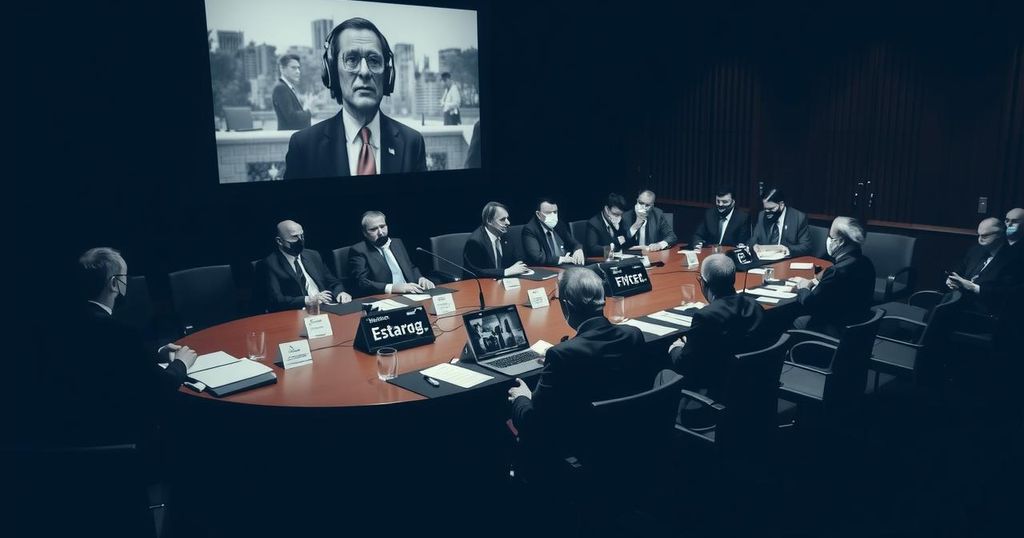The ICJ’s hearings on December 5, 2024, revealed calls from developing nations, including the Solomon Islands, India, and Iran, for accountability from industrialized countries regarding climate obligations. The representatives collectively argued that climate finance must be regarded as an obligation rather than charity, emphasizing the need for equity and support for vulnerable nations facing severe climate impacts due to the actions of wealthier states.
On December 5, 2024, the International Court of Justice (ICJ) convened in The Hague to assess the obligations of UN member states regarding climate change, emphasizing the legal responsibilities owed by industrialized nations to developing countries. The crucial testimonies by representatives from the Solomon Islands, India, and Iran stressed that the burden of climate impacts should not fall disproportionately on poorer nations, which contribute the least to greenhouse gas emissions.
The Solomon Islands articulated the urgent need for climate justice, linking the plight of vulnerable populations to a broader call for rights recognition, demanding that wealthier countries provide not just financial aid but fulfill inherent legal obligations under international law. India’s delegate underscored the inequities inherent in global climate discourse, citing the need for collective yet differentiated responsibilities that consider historical emissions and current capabilities.
Iran called attention to the challenges imposed by unilateral coercive measures that obstruct technological sharing and financial support for climate mitigation efforts in developing nations. The representatives unified in asserting that climate finance should be viewed not as a charity but rather as a crucial obligation of those nations historically responsible for climate changes. Though the ICJ’s forthcoming advisory opinion will be non-enforceable, it is anticipated to clarify the legal responsibilities regarding climate obligations on a global scale.
The ongoing climate crisis remains a significant issue demanding immediate and equitable action from all nations, particularly in light of the historical emissions produced by industrialized countries that have contributed significantly to global warming. This context sets the stage for the ICJ hearings, where developing nations vocalize their concerns over the disproportionate effects of climate change that they are experiencing, despite their minimal contribution to global emissions. The requirement of legal frameworks to govern state responsibilities in environmental protection has become essential to ensuring compliance and accountability in addressing the climate crisis effectively, particularly for vulnerable populations.
The ICJ hearings on climate obligations represent a pivotal moment in addressing the historical inequities of climate responsibility. Statements from the Solomon Islands, India, and Iran underscore that climate finance must be viewed as an obligation of developed nations to support vulnerable countries facing existential threats due to climate change. The anticipated advisory opinion from the court may guide future international climate policy, reinforcing the need for a fair and equitable approach to global climate action.
Original Source: www.ipsnews.net






